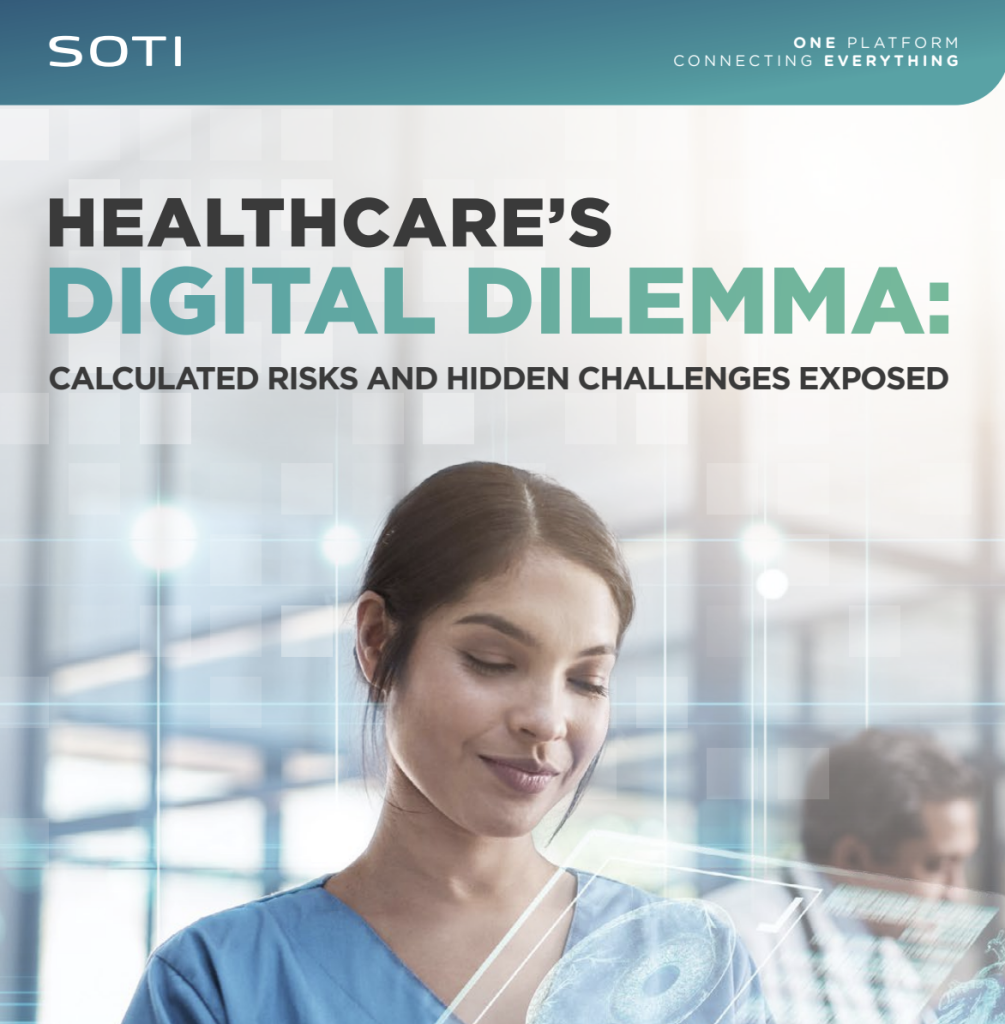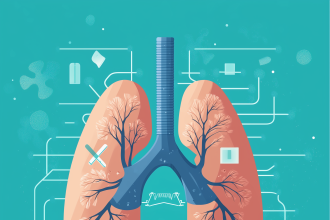As first reported by ActulA, French healthcare institutions are rapidly incorporating artificial intelligence into their daily operations, yet the momentum is being slowed by outdated IT systems that limit efficiency and elevate security risks. According to SOTI’s new report, “Digital Dilemma and Healthcare: Deciphering Emerging Risks and Challenges,” AI adoption in France is on a steep rise — with 81% of facilities expected to deploy AI by 2025, compared to just 45% in 2024.

Source: soti.net.
The most common AI applications include updating patient records (60%), medical data analysis (55%), treatment planning (54%), diagnostic support (42%), and personalized care (37%). These gains are being funded through a shift in IT budgets towards emerging technologies. However, 97% of facilities still operate on aging infrastructure, which often lacks the security, interoperability, and performance required for effective integration.
Rising security incidents signal urgent infrastructure needs
Security is an increasing concern: 77% of French healthcare organizations experienced one or more security breaches over the past year. In response, the number of IT leaders prioritizing cybersecurity has doubled, with many citing data protection and securing shared devices as top priorities. The use of connected medical devices and telehealth — now present in 99% of surveyed facilities — adds complexity, especially when 60% of these tools are based on non-integrated or obsolete systems.
The consequences of this outdated technology are far-reaching. IT teams report being overwhelmed by maintenance tasks, with 65% spending excessive time resolving technical problems. Nearly half (46%) say they lack the time to focus on strategic initiatives, while others struggle to deploy new devices or provide adequate remote support. These challenges hinder the healthcare sector’s ability to keep pace with technological innovation and meet growing patient care demands.
Modern solutions for a digital future
To overcome these limitations, SOTI experts recommend investing in modern platforms like Enterprise Mobility Management (EMM) systems. These tools enable centralized, secure control of all medical devices — from tablets to scanners to connected monitors. Faki Saadi, Sales Director for France, the UK, and Ireland at SOTI, emphasized the importance of such solutions, stating they are crucial for safeguarding patient data, improving efficiency, and ensuring institutions are prepared for the evolving healthcare landscape.
While French healthcare is embracing the potential of AI at an accelerating pace, the path to a fully digital system is blocked by aging infrastructure and mounting cybersecurity threats. To truly capitalize on the benefits of digital transformation, institutions must urgently modernize their IT systems — turning innovation into sustained, secure, and patient-centered care.





